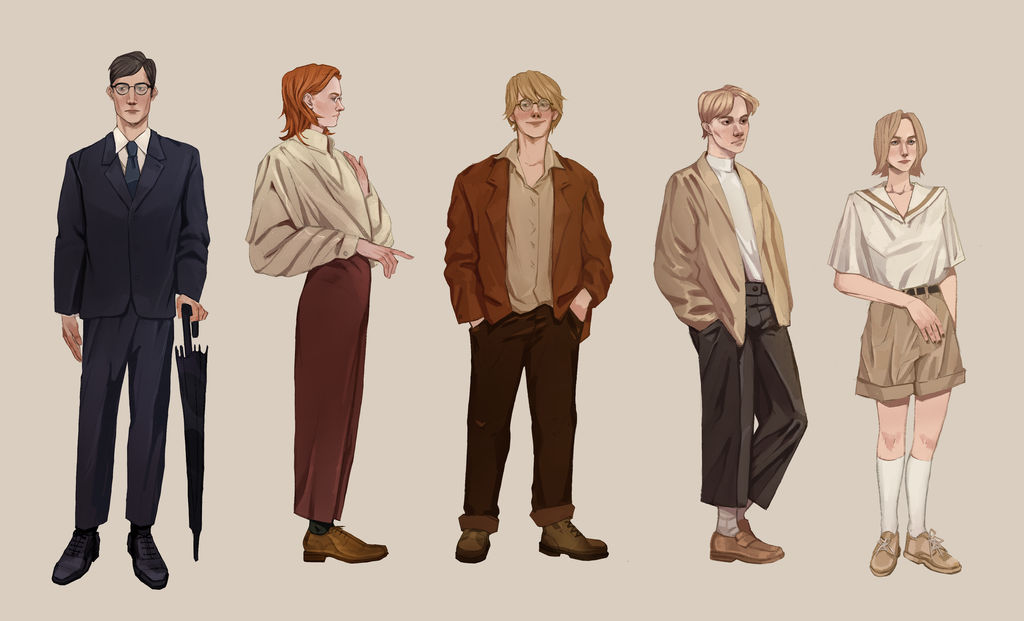
FAQ About The Secret History

How do the characters in "The Secret History" grapple with issues of identity and self-discovery?
Issues of identity and self-discovery are significant themes in "The Secret History" by Donna Tartt. The characters in the novel grapple with questions about who they are, their place in the world, and the moral and intellectual paths they choose to follow. Here's how these themes are explored:
- Desire for Identity: The characters, especially Richard Papen, are initially drawn to the group of Classics students and Julian Morrow's teachings because they offer a sense of belonging and identity. They see themselves as outsiders in their own lives and are eager to adopt a new identity as part of this exclusive circle.
- Intellectual Identity: The pursuit of an intellectual identity is central to the characters' self-discovery. They are fascinated by the classics and Greek philosophy, and their studies become a defining aspect of their identity. Julian Morrow's mentorship plays a pivotal role in shaping this intellectual identity.
- Moral Identity: As the characters become increasingly entangled in morally questionable actions, they grapple with their moral identities. They must confront their own ethical boundaries and determine how far they are willing to go to protect their secrets. The choices they make shape their moral identities.
- Individuality vs. Conformity: The tension between individuality and conformity is a recurring theme. While the characters desire a unique and exceptional identity, they also conform to the group's actions and decisions. This tension highlights the complexities of their quest for identity.
- Transcendence and Self-Actualization: The characters seek to transcend their ordinary lives and achieve a sense of self-actualization. They believe that by emulating the ancient Greeks and pursuing an idealized life, they can become exceptional individuals. This quest for transcendence drives their actions.
- Unmasking the Self: The dual timelines in the novel allow for a deeper exploration of the characters' inner selves. In the present timeline, the characters are forced to unmask their true selves as they grapple with the consequences of their actions. The self-discovery that occurs in the present is often painful and revelatory.
- Loss of Innocence: The characters undergo a loss of innocence as they confront the darker aspects of their own natures. They are no longer the idealistic and intellectually curious students they once were but have become morally compromised and aware of the consequences of their choices.
- The Search for Truth: Throughout the novel, the characters are in search of truth—both about themselves and the events that have transpired. This search for truth becomes a central part of their self-discovery, driving them to confront uncomfortable realities.
